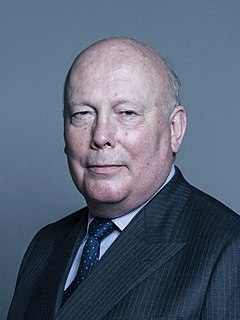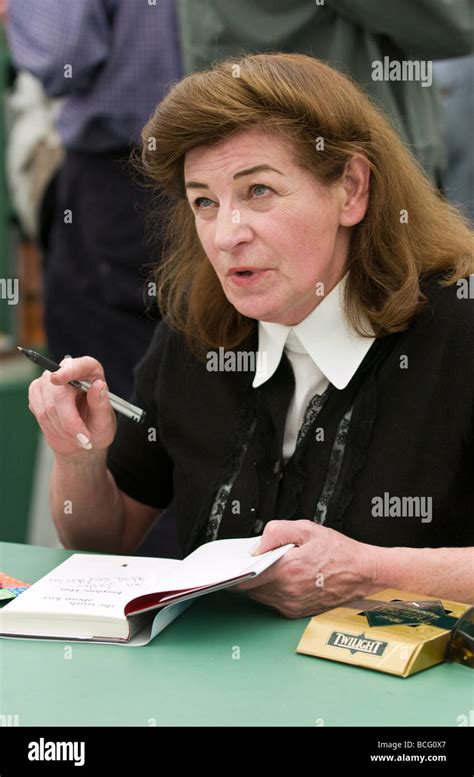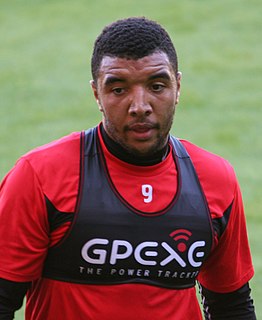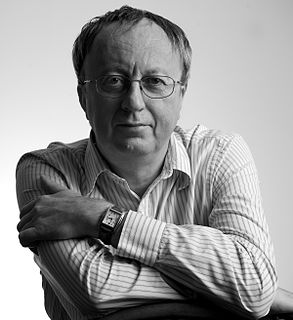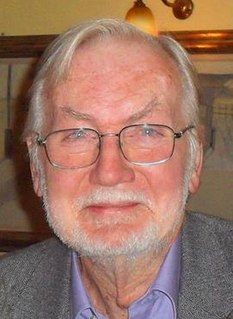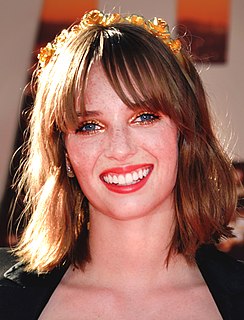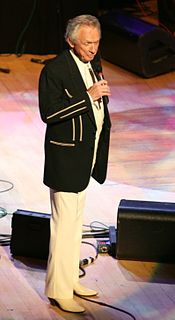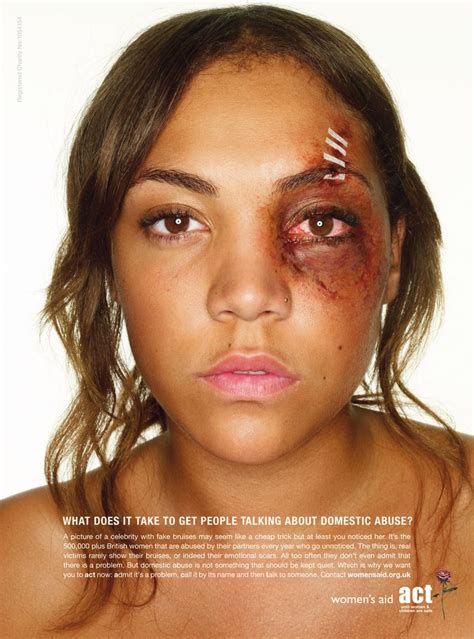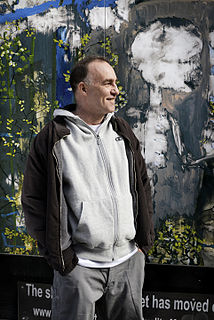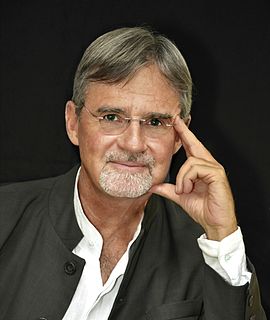A Quote by Julian Fellowes
My childhood was a happy one, spent in a tall house in South Kensington and later in East Sussex, but my early and mid teens were less successful.
Related Quotes
They say that childhood forms us, that those early influences are the key to everything. Is the peace of the soul so easily won? Simply the inevitable result of a happy childhood. What makes childhood happy? Parental harmony? Good health? Security? Might not a happy childhood be the worst possible preparation for life? Like leading a lamb to the slaughter.
When I talk about it, now people imagine I had an impoverished childhood, especially when I tell people we used to have to put coins in the side of the telly. But we were really happy. Mum never complained, there was always music playing in the house and we were always dancing around. It was a great childhood.
I used to smoke marijuana. But I'll tell you something: I would only smoke it in the late evening. Oh, occasionally the early evening, but usually the late evening - or the mid-evening. Just the early evening, midevening and late evening. Occasionally, early afternoon, early mid-afternoon, or perhaps the late-midafternoon. Oh, sometimes the early-mid-late-early morning. . . But never at dusk!
I felt I had a very innocent childhood and I feel privileged by that. But as an adult, I know that there were people who didn't have that. There are a lot of teens who haven't had as easy a childhood as me, and having literature that explores these "darker" parts helps relieve the burden and stress they may be feeling. As a writer, there is often a temptation to draw back when we write for teens - to preserve their innocence. But the reality is, if someone has already had that innocence taken in their life, then not writing about it is just brushing it under the rug.
